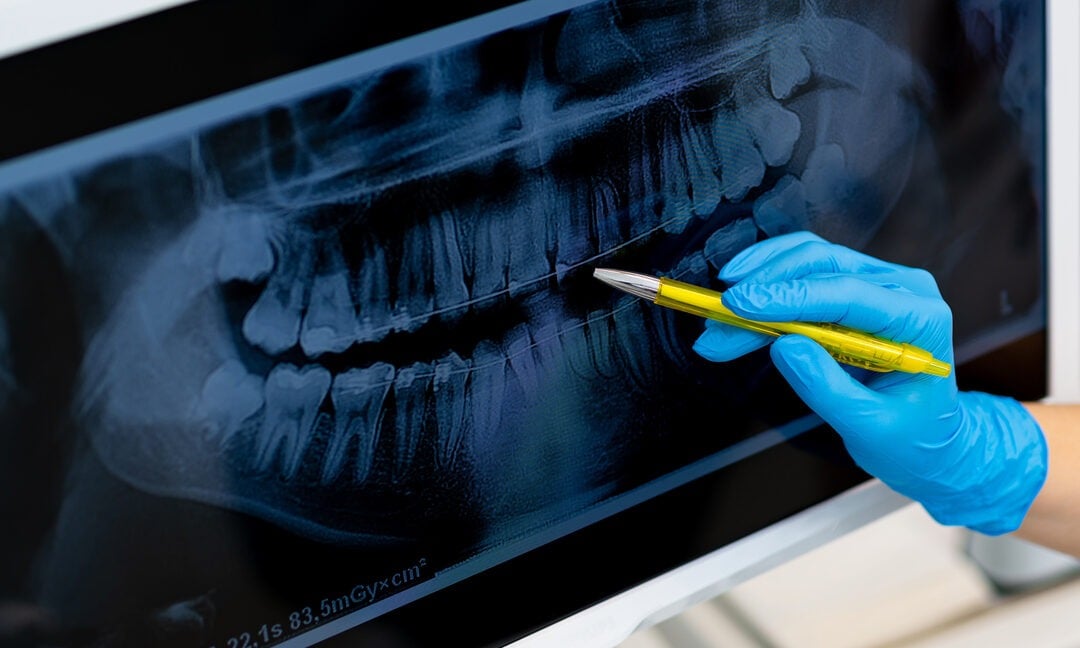Inexpensive Dental Treatment Options from Leading Dentists Eugene
Inexpensive Dental Treatment Options from Leading Dentists Eugene
Blog Article
Find Out About Frequent Oral Concerns Your Dental Expert Can Resolve
Understanding frequent dental concerns is essential for preserving optimal oral health. Issues such as dental caries, gum tissue condition, tooth level of sensitivity, halitosis, and tooth degeneration prevail yet typically neglected until they become extreme. Dental professionals possess the competence to identify and deal with these conditions, thereby preventing more difficulties. Routine dental check outs and customized care strategies can resolve these troubles efficiently, guaranteeing a healthier and brighter smile. What particular treatments do dental practitioners employ to battle these problems, and how can early treatment make a difference? The response to these questions supply important understandings into safeguarding your dental health.
Tooth Cavities
Tooth cavities, also referred to as cavities, are a widespread oral wellness problem triggered by the demineralization of tooth enamel as a result of acid production from bacterial plaque. This procedure begins when microorganisms in the mouth metabolize sugars and starches from food, creating acids that erode the enamel. Otherwise addressed without delay, this disintegration can penetrate much deeper right into the tooth, impacting the dentin and eventually the pulp, possibly resulting in extreme pain and infection.
The onset of cavity formation often existing as white areas on the tooth surface area, showing initial demineralization. As the process proceeds, these spots can become brownish or black lesions, indicating more substantial decay. Routine dental examinations are essential for very early discovery, as tooth cavities in their incipient stages can be treated with remineralization methods, such as fluoride therapies.
Once a dental caries has developed, corrective intervention is needed. Dental practitioners normally remove the corroded part of the tooth and fill the dental caries with materials such as composite material, amalgam, or ceramic. In much more extreme cases, a crown or root canal therapy may be called for. Preventative actions, including great oral health techniques and nutritional modifications, play a critical function in minimizing the risk of tooth cavities.
Periodontal Illness
While cavities represent a significant concern for dental wellness, an additional essential concern that requires interest is periodontal disease. Understood as periodontal disease, gum tissue illness is an inflammatory condition affecting the cells surrounding and supporting the teeth. It is largely created by the build-up of plaque-- a sticky film of bacteria that creates on teeth.
Periodontal disease proceeds via stages, beginning with gingivitis, identified by inflammation, swelling, and bleeding gum tissues (dentist eugene or). If left neglected, gingivitis can rise to periodontitis, where the inner layer of the gum and bone draw away from the teeth, developing pockets that become contaminated. Over time, the contaminants created by the microorganisms damage down the bone and connective tissue that hold teeth in area, possibly resulting in missing teeth
Early discovery and treatment are important. Professional oral cleanings and enhanced dental hygiene techniques, such as brushing twice day-to-day and flossing, can handle gingivitis. For advanced stages, treatments may consist of scaling and origin planing, anti-biotics, and even surgical treatments.
Normal dental exams play a pivotal function in preventing and handling periodontal condition. Dental practitioners can identify early indications and advise appropriate interventions, making certain the upkeep of healthy periodontals and general dental wellness.
Tooth Sensitivity
Tooth sensitivity impacts numerous people worldwide, offering a common yet typically distressing dental problem. This problem arises when the enamel, the outermost protective layer of the teeth, is compromised, exposing the underlying dentin. The dentin includes microscopic tubules that lead directly to the oral pulp, where nerves stay. When subjected to stimuli such as hot, chilly, pleasant, or acidic materials, these nerves are triggered, causing sharp discomfort or pain.
Several factors add to enamel disintegration and succeeding tooth level of sensitivity, including aggressive brushing, acidic foods and drinks, gum tissue recession, and bruxism (teeth grinding) Additionally, oral treatments such as teeth bleaching can briefly heighten sensitivity.
Foul-smelling Breath
One more common oral worry that influences people' day-to-day lives is bad breath, medically termed halitosis. Halitosis frequently originates from poor oral hygiene, which allows food particles to remain in the mouth, fostering bacterial growth.

Dental professionals play a critical function in detecting and dealing with bad breath. They can identify the root cause with an extensive evaluation and provide customized suggestions and treatment plans. Suggestions might entail improving oral health techniques, such as regular brushing and flossing, using antibacterial mouth washes, remaining moisturized, and addressing any dental problems. In many cases, a reference to a specialist may be necessary to deal with underlying health and wellness issues adding to halitosis. Effective management of halitosis not only enhances oral health however likewise substantially enhances top quality of life.
Dental Cavity

Stopping dental caries involves a combination of great dental health practices and regular dental examinations. Cleaning teeth a minimum of two times daily with fluoride toothpaste, flossing to remove plaque between teeth, and limiting the intake of sugary foods and beverages are vital preventative measures. Fluoride treatments, dental sealants, and expert cleanings offered by a dentist can also play a significant role in fortifying enamel and protecting against degeneration.
When dental caries occurs, early intervention is essential. Dentists next page can eliminate decayed cells and recover the tooth with dental fillings made from products such as composite material, amalgam, or porcelain. In advanced instances, therapies like crowns, root canals, or extractions might be essential. By resolving tooth degeneration immediately, dental experts assist maintain dental structure and feature, making certain long-lasting oral health.
Final Thought
Dealing with usual oral concerns such as dental caries, periodontal disease, tooth level of sensitivity, foul-smelling breath, and dental cavity is critical for preserving optimal oral health and general well-being. Dental experts possess the proficiency to detect and treat these problems efficiently, making certain customized take care of each individual. Regular dental exams and safety Click This Link nets are crucial in identifying and handling these problems early, promoting a much healthier and extra confident smile over a life time.

Tooth degeneration, also known as oral decays, takes place when the enamel, the outermost layer of the tooth, is deteriorated by acids generated by microorganisms in the mouth. Brushing teeth at the very least two times daily with fluoride tooth paste, flossing to eliminate plaque between teeth, see this site and limiting the consumption of sweet foods and drinks are important preventive procedures.Dealing with common dental issues such as tooth cavities, gum condition, tooth sensitivity, negative breath, and tooth decay is important for maintaining optimum dental health and wellness and general health.
Report this page